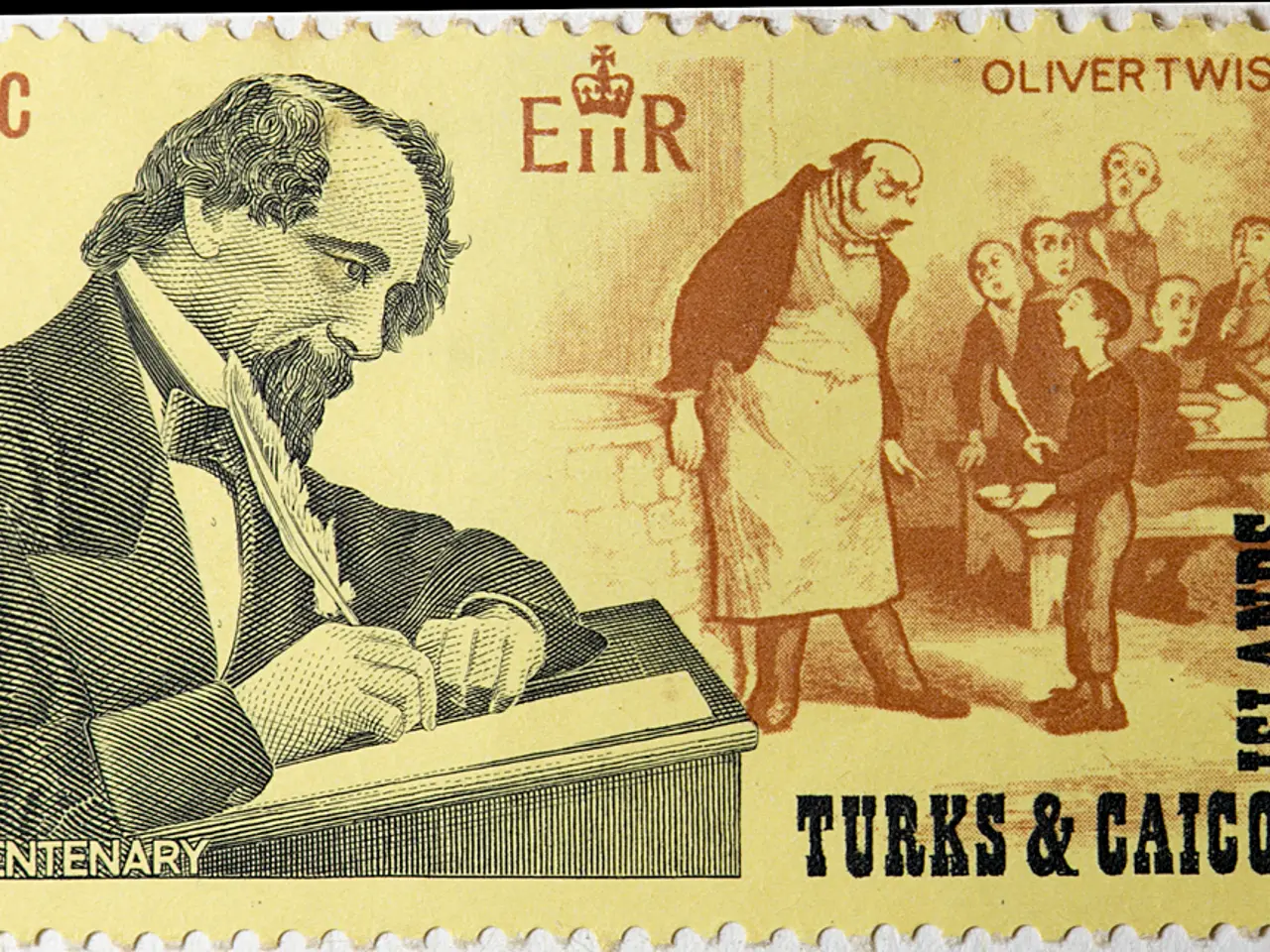Rightmove Calls for Stamp Duty Reform
In a persistent push for change, property platform Rightmove and industry allies have been advocating for an overhaul of the UK's stamp duty thresholds. The aim is to make house purchases more affordable for first-time buyers and improve market mobility.
Rightmove's CEO, Johan Svanstrom, has urged the government to maintain or increase the current first-time buyer stamp duty relief threshold of £425,000 in England. He also proposed support measures to help first-time buyers with deposits and borrowing capacity.
Another proposal is to allow home buyers to spread their stamp duty payments over two to five years, a move aimed at easing cash flow pressures. A petition supporting this idea, launched by Andrews Estate Agents and backed by Rightmove, Zoopla, and Phil Spencer, has already gathered over 1,250 signatures, with a goal of 10,000 to trigger a government response and parliamentary debate.
Despite this concerted lobbying and public campaigning, as of late July 2025, the UK government has not yet provided a direct response to these calls for reform. The government's position or planned actions remain unconfirmed, leaving the industry and the public in anticipation.
This ongoing industry pressure for reform is evident in the growing momentum of the petition and the support from industry experts. However, the government’s response or any official commitment in response has not been reported in the available sources.
| Aspect | Rightmove and Allies' Position | UK Government Response | |------------------------------------|---------------------------------------------------------------|------------------------------------------| | Raising or regionalizing thresholds| Support maintaining/increasing first-time buyer threshold | No official response yet | | Allowing payment in installments | Proposal to spread stamp duty over 2–5 years to improve affordability | No official response yet | | Public campaigning | Petition gathering momentum, support from industry experts | Awaiting formal government engagement |
This situation comes after the then-Chancellor Rishi Sunak doubled stamp duty thresholds for regular homeowners from £125,000 to £250,000 in 2020. However, leading think tank bosses, including the Institute for Fiscal Studies' Paul Johnson and Tax Policy Associates' Dan Neidle, have criticized stamp duty as harmful to Britain's economic growth prospects.
Neidle, in an excoriating research note published last year, called stamp duty a "terrible tax" that suffocates liquidity in the property market. He argued that it discourages older homeowners from downsizing to smaller homes and hurts first-time buyers' chances of getting on the property ladder.
This call for reform comes alongside Rightmove's half-year results announcement. As the debate continues, the industry and the public await the UK government's response to these pressing concerns.
[1] Rightmove Press Release, "Rightmove Half-Year Results and Stamp Duty Reform Call", July 2025. [2] Andrews Estate Agents Petition, "Spread Stamp Duty Payments to Ease Cash Flow Pressures", July 2025. [3] Institute for Fiscal Studies Research Note, "Stamp Duty: A Tax on Mobility", June 2021. [4] Tax Policy Associates Research Note, "Stamp Duty: A Barrier to Economic Growth", October 2020. [5] Zoopla Blog Post, "Stamp Duty Reform: A Necessary Step Towards Affordable Housing", June 2021.
- Rightmove's CEO, Johan Svanstrom, has urged the government to maintain or increase the current first-time buyer stamp duty relief threshold of £425,000 in England, proposing further support measures for first-time buyers regarding deposits and borrowing capacity.
- A petition calling for home buyers to be allowed to spread their stamp duty payments over two to five years has gained over 1,250 signatures, with industry allies such as Rightmove, Zoopla, and Phil Spencer supporting the proposal to ease cash flow pressures in real-estate financing and investing.
- The UK government has not yet responded to these calls for reform, with the industry and public awaiting a commitment or formal response from governance bodies on matters concerning property taxes, house affordability, and taxation policies.




